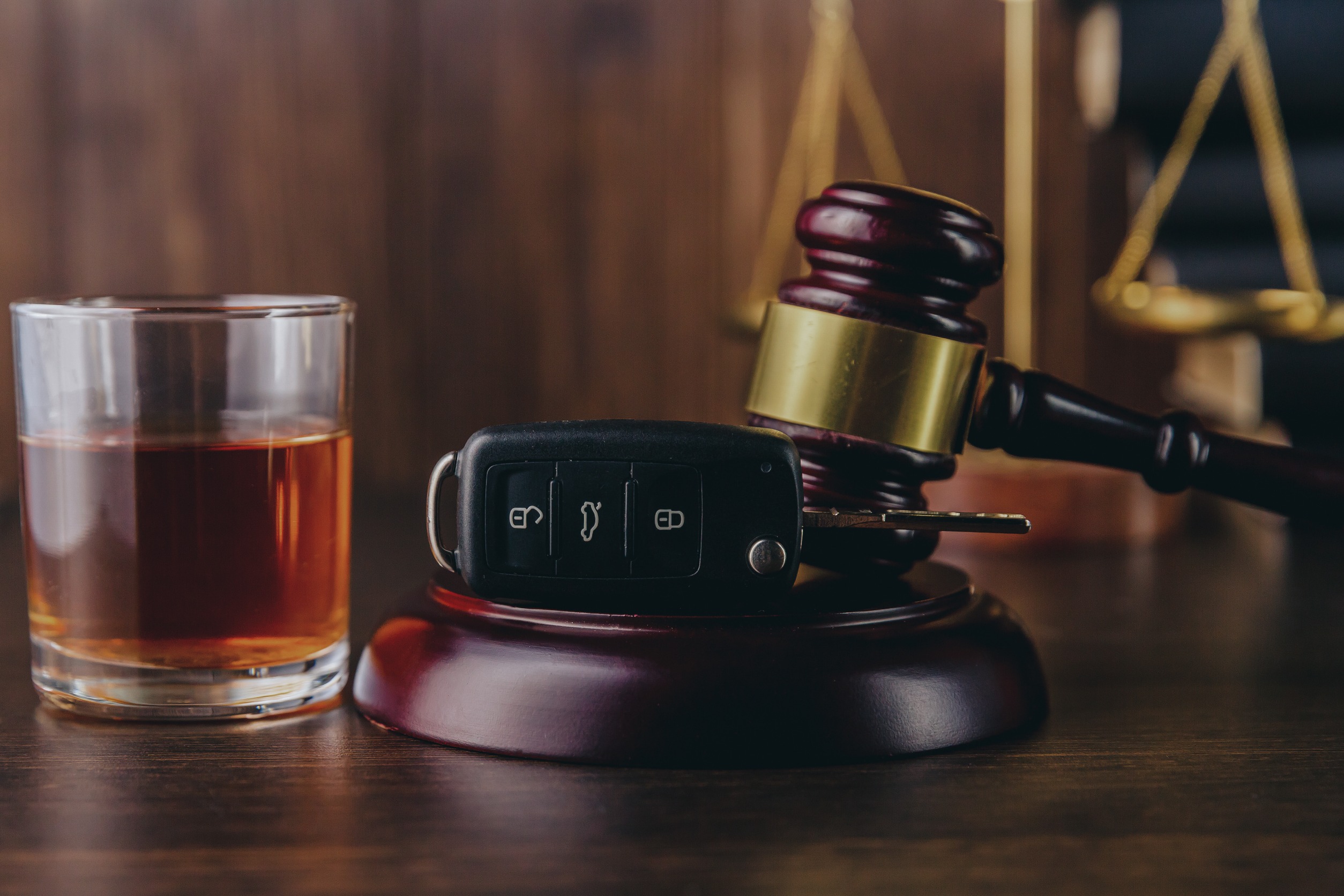Texas Stand Your Ground Law: When Deadly Force is Legally Permitted
Texas law allows the use of force, including deadly force, in some self-defense situations. The state’s Stand Your Ground
Read More
Call 24/7 For A Free Consultation
Imagine being pulled over late at night. The flashing red and blue lights in your rearview mirror spark a surge of anxiety. After answering a few questions, the officer asks you to take a breath test. But what happens if you refuse?
In Texas, the consequences of refusing a breath test aren’t as simple as just saying no. Refusal can lead to automatic penalties, complicating your situation further. Before you make any decisions in a high-pressure moment like this, it’s essential to understand Texas’s legal stance on breathalyzer refusals. When you drive in Texas, you agree to something called “implied consent.” This law means that if you are lawfully arrested for suspicion of driving while intoxicated, you are required to submit to a breath, blood, or urine test to measure your blood alcohol concentration (BAC).
If you refuse to provide a breath or blood sample, your driver’s license may be automatically suspended. That’s right—you don’t even have to be convicted of a DWI to lose your driving privileges. For first-time offenders, this suspension may last up to 180 days. If you’ve been in this situation before, it can be as long as two years.
You do have the option to fight this suspension through an Administrative License Revocation (ALR) hearing. However, the clock is ticking. You only have 15 days from your arrest to request one. If you don’t request the ALR hearing, your license suspension will go into effect.
Refusing to take a breath test doesn’t make the DWI charge disappear. You can still be charged and convicted based on the officer’s observations and other evidence. In fact, your refusal to take the test can be introduced into evidence in trial.
The prosecution can argue that your refusal is a sign of guilt—basically, you refused because you knew you were over the limit. This can lead to enhanced penalties if you are convicted. In some cases, refusing a breath test could result in higher fines, longer jail sentences, or mandatory installation of an ignition interlock device in your vehicle.
If you find yourself facing charges after refusing a breath test, it’s time to think about your legal defenses. One common defense is challenging the arrest itself. Did the officer have a valid reason for pulling you over? Did they have reasonable suspicion or probable cause? These questions matter in court and could potentially get your case dismissed.
When contesting the automatic license suspension in the ALR hearing, a defense attorney can argue that the officer did not follow proper procedures during your arrest or that the evidence used to justify your refusal is questionable. An experienced attorney like Robert J. Fickman will carefully analyze the circumstances of your arrest and advocate for you at this hearing, potentially preventing your suspension from taking effect.

Navigating the legal maze that comes with breath test refusals and DWI charges requires professional guidance. Robert J. Fickman has a long history of representing individuals in Texas facing DWI charges. He can assist you in fighting license suspensions, contesting the legality of your arrest, and working to reduce or dismiss the charges against you. If you’ve refused a breathalyzer, call (713) 655-7400 now or contact us online to get the legal defense you need to protect your rights in Texas.

Texas law allows the use of force, including deadly force, in some self-defense situations. The state’s Stand Your Ground law removes the duty to retreat when a person is lawfully present and reasonably believes force is necessary to protect against …
In Texas, simple drug possession is typically a state-level offense, however, there are some factors that can escalate it to federal drug trafficking charges. These cases are prosecuted by the U.S. Department of Justice. Understanding when this transition is possible …
A federal criminal conviction carries consequences far beyond fines and prison time. For licensed professionals in Texas, federal charges pose an immediate threat to your livelihood. Texas licensing boards don’t wait for criminal cases to conclude before taking action. Understanding …